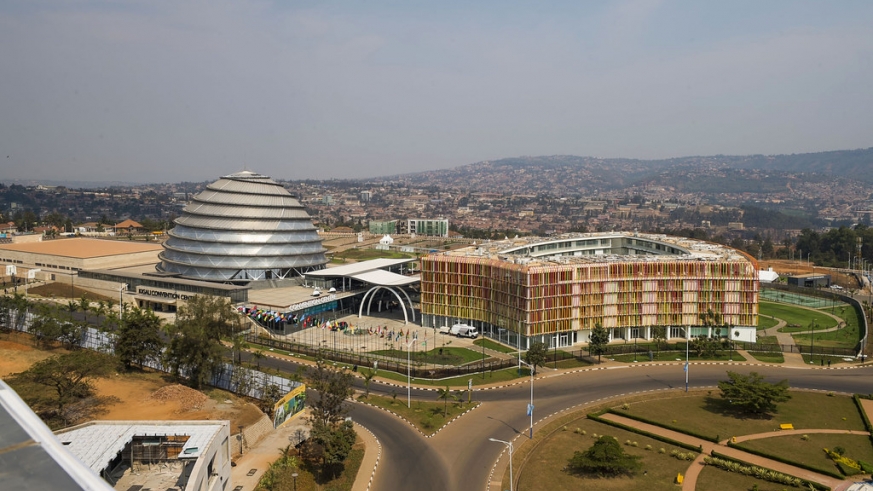
Rwanda’s macroeconomic performance strong: IMF

The International Monetary Fund (IMF) on Friday concluded the first review of Rwanda’s programme supported by the IMF’s Policy Consultation Instrument (PCI).
According to the institution, Rwanda’s macroeconomic performance remains strong under the programme.
The programme seeks to support the implementation of the National Strategy for Transformation (NST).
Macroeconomic performance – the measure of how well the country is meeting its economic targets – usually looks at things like output, employment and inflation.
According to the IMF, growth continues to beat expectations, averaging 10.3 per cent in the first half of 2019, on the back of a booming construction sector, robust activity in services, and healthy agricultural output.
As a result, the 2019 growth projection was revised up from 7.8 to 8.5 per cent, with strong upside risk – especially given the recently released GDP figures suggesting that the economy grew in double digits in the third quarter.
The fiscal deficit in 2018/19 was higher-than-expected due to accelerated implementation of investment spending but remained within the programme limits.
This, combined with stronger demand for the capital-goods imports needed for construction, has led to a widening of the current account deficit.
Growth should remain strong, at around 8 per cent, over the next 2 to 3 years, the IMF said in a statement.
After a period of subdued price pressure, inflation has come back within BNR’s and the IMF’s targeted range.
This, the IMF said, partly reflects stronger domestic demand and dissipating base effects.
It says the Central Bank has appropriately set the monetary stance by reducing interest rates at the trough of the inflation cycle in May and has since refrained from further easing as price dynamics reversed.
Headline inflation is expected to peak in end-2019 and early-2020 and should subsequently ease toward the mid-point of the authorities’ target band.
“Looking ahead, the fiscal deficit path is forecasted to adhere to the fiscal rule under the program,” the statement reads in part.
But it warns the government’s plans to finance the NST partly through public borrowing, should continue to be supported by careful debt management.






